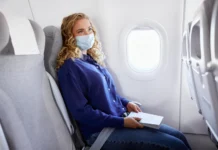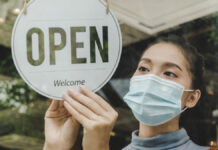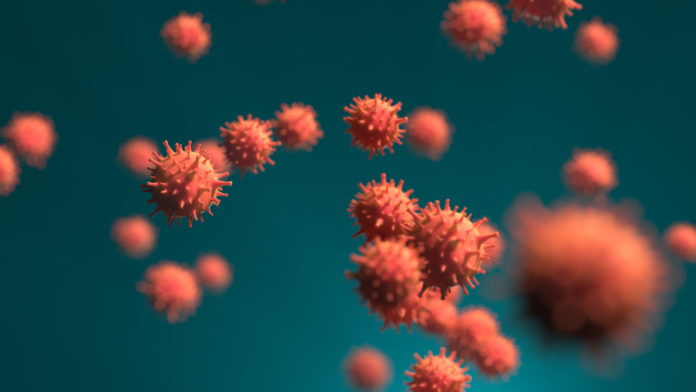
The COVID-19 outbreak is currently on the rise, with the numbers rapidly increasing as each day goes by. Currently, the world is in both a health and economic crisis, so we as a human race have to do everything in our power to prevent this from becoming an even bigger problem.
For those of you who are not specifically informed about the virus, it is called COVID-19, and it’s from the family of viruses called Corona, which is why some people refer to it as “The Corona Virus”, although that’s not the correct name.
Either way, in this article we are going to talk about all the preventive measures that you need to take if you want to reduce the risk of being infected, so if you are currently feeling vulnerable, make sure to stay with us until the end. Let’s take a look.
Understanding how the virus spreads
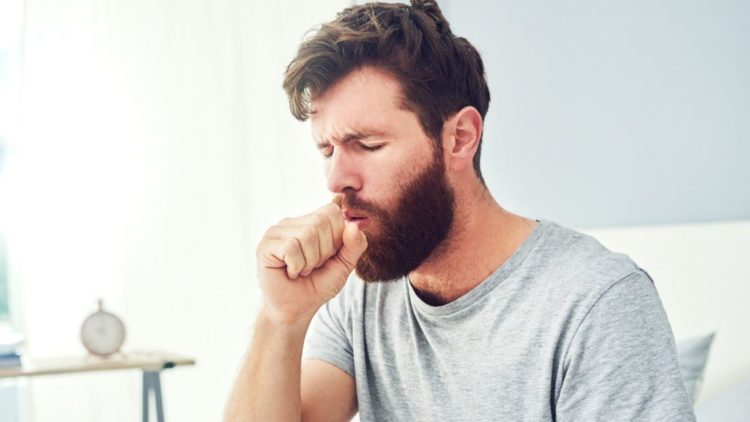
Every day we see a lot of people doing weird things when it comes to protecting themselves from this outbreak. Although it’s a great thing to be very cautious and concerned about the whole situation, you shouldn’t wrap your entire body in nylon bags and wearing gas masks.
The virus can be transmitted through the liquids of a person who can release them while speaking, coughing, sneezing or doing other things that release liquids orally. However, the drops are not that light, which means that they cannot travel a very long distance. To be more specific, the maximal distance they can travel is about one and a half meters.
To be sure that you’re safe, you can increase the distance from you and another person by twice as much, averaging about three meters, or even more if you want to be sure. On such a distance, the drops cannot reach you, meaning that you’re safe.
However, there are numerous other ways of getting infected, so let’s take a look at them as well because they’re equally important.
Avoid sharing food, cutlery or masks

Although the drops cannot travel very far out in the open, they can still get attached to certain surfaces, and remain there for quite some time. If a person that’s infected uses a spoon for example, and they touch a piece of food that’s in a larger bowl for multiple people to eat from, if you end up eating that piece, your chances of being infected are increased by a lot.
The same goes for masks. The World’s Health Organization (WHO) already wrote a very serious post about not sharing masks and disposing of them once you’re done using them. Do not reuse the masks, this is very important to remember. Also, sharing masks with other people is a huge hazard.
Avoid doing it at all costs. If you end up purchasing a mask that is meant for multiple uses, make sure that you clean it real good before attempting to wear it again. If you are wondering where you can get protective clothing, make sure to visit everymedi.com
Don’t leave your home

Unless you have something important to do, such as purchasing food from a supermarket or visiting a person who’s in need, do not leave your home, because not only you’re risking your health, you’re risking the health of others. This is probably the most important thing that you can do if you want to contribute to the end of this outbreak.
There are many activities that you can do at home, and even if you are someone who is used to constantly being outdoors, you will endure a few weeks in quarantine pretty easily, especially if you find something fun to do.
Remember that the more people are going out, the longer this quarantine is going to last, so either stay home now or we’ll have to stay home for a much longer time.
Practice social distancing

Quarantine is not enough to prevent the spread of the COVID-19 virus, which is why the World’s Health Organization decided to give out one more advice, and that’s social distancing. For all of you who are not sure what it means to practice social distancing, it’s the act of maximizing the time you’re alone unless you have to be together with someone.
For example, if you have the option to work from home instead of going to your workplace, you should do that. If you can get your groceries delivered instead of going to the supermarket and waiting in lines in-between hundreds of people, you should do that.
There are a lot more examples, but you probably get the point already, so let’s take a look at some other ways to reduce the risk of being infected by the coronavirus.
Disinfect often
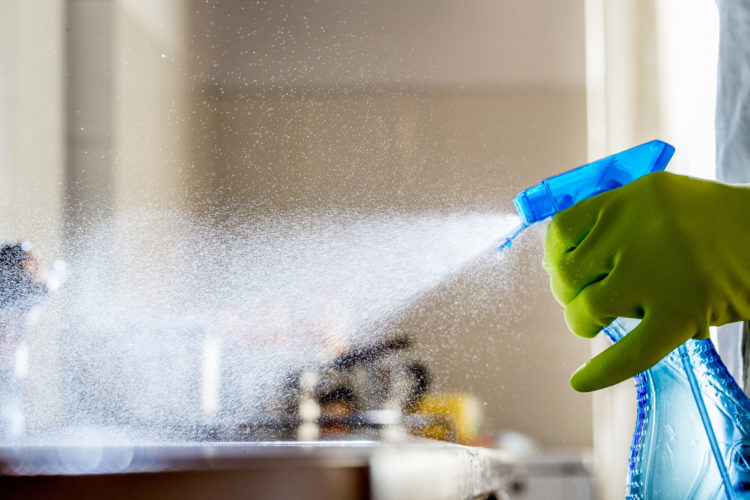
Whether you’re coming back home from the superstore, or you’re just taking in the groceries that were just delivered to your doorstep, disinfecting everything is something that you should do regularly. You never know where those products were before they arrived so cleaning everything up before taking them inside your home is mandatory.
An easy way to make sure that your hands are clean at all times is by using the anti-bacterial gels that allow for dry cleaning, which takes us to our next step.
Wash your hands
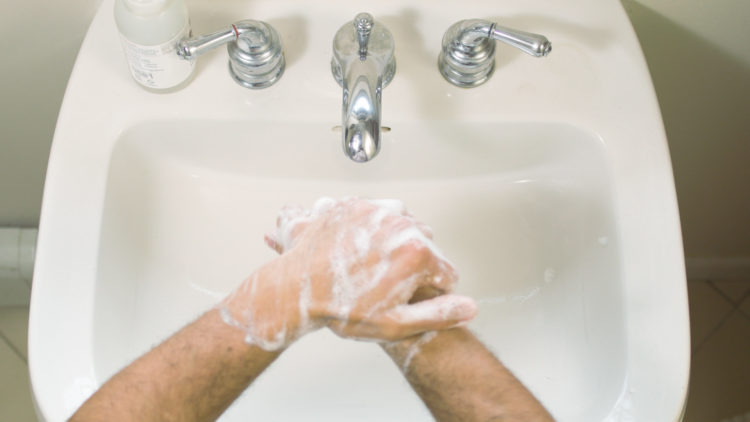
No matter what it is that you touch, there’s a chance that the virus lives on the surface. This can be the handle on the bus, the door handle at a public location, or anything else that an infected person might’ve touched before you.
It’s not as scary to have the virus on your hand if you wash your hands regularly. What is scary however is to forget that you’ve touched something potentially infected with the virus, and then touching a vulnerable part of your body, such as your eyes, your nose or your mouth.
Avoid public transport
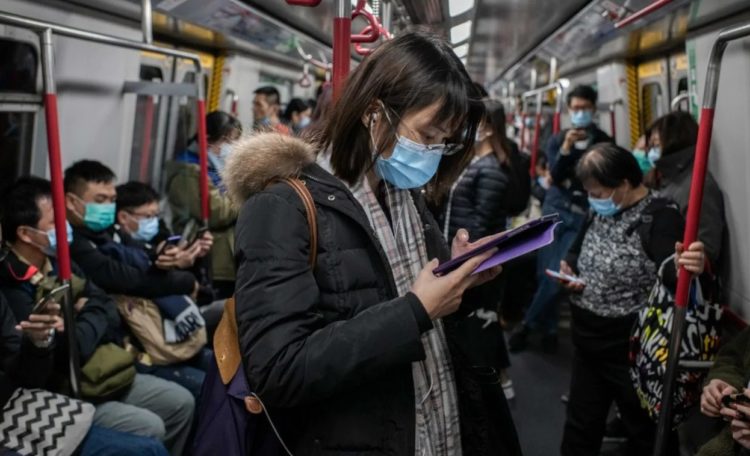
Even though most public transport is already canceled, some people still have to go to work, so if you are in such a situation, make sure to use a vehicle that’s yours and don’t share it with anyone else. Clean the interior of it regularly and disinfect every day. Busses are currently considered to be “hot zones” where you can easily get infected.

